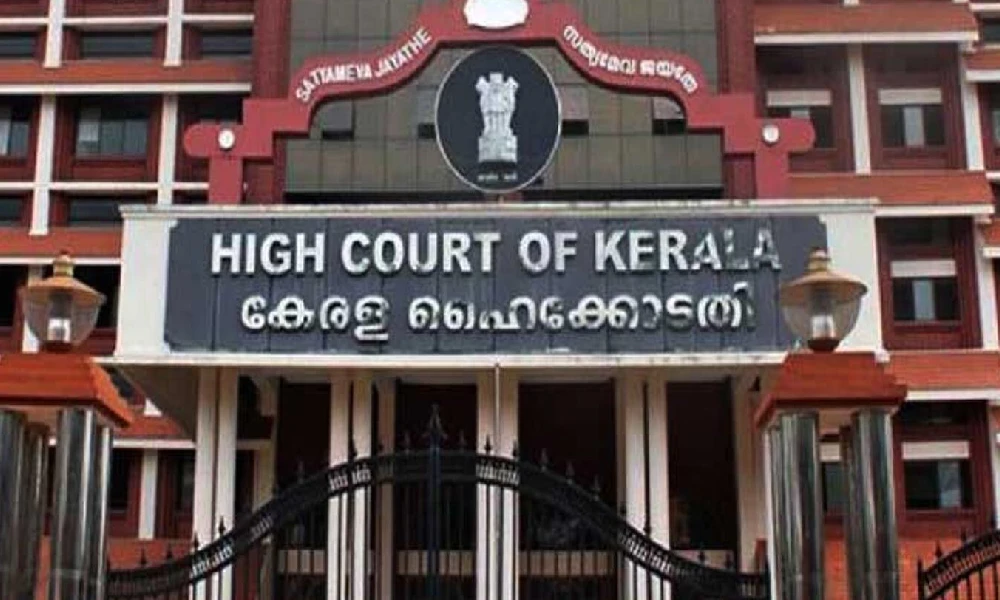Nithyakalyani Narayanan. V
The Kerala High Court held that when there is a viable alternative remedy to approaching a competent civil court by filing an execution petition, writ jurisdiction under Article 226 of the Constitution cannot be exercised for the execution of a decree. The petitioner had come before the High Court, requesting the establishment of survey markers on the borders of a purportedly disputed piece of land, by means of its writ jurisdiction under Article 226 of the Constitution.
While dismissing the writ petition, Justice Viju Abraham stated thus: “When an effective alternative remedy is available to the petitioner to approach the competent civil court under Order XXI of the Code of Civil Procedure, 1908 for executing the decree passed by a civil court, I am of the opinion that they cannot approach this Court under Article 226 of the Constitution of India seeking a writ of mandamus to execute the decree passed by the civil court. In view of the above, I am of the opinion that the petitioner is not entitled to any of the reliefs sought for in the writ petition.”
The petitioner and her kids had filed an original suit in sub-court to get a ruling establishing a property’s limits in accordance with a will. The survey commission was hired to draw the boundary and create the survey plan while the lawsuit was pending. The lawsuit was terminated after the parties reached a settlement.
The petitioner sought the respondents to fix survey marks as agreed upon in the compromise while he was causing mutation on adjacent land. After the respondent denied this, the petitioner went to the High Court to request that survey markings be fixed, if needed, along the borders of the claimed land with police help.
The petitioner’s lawyer, Advocate Jeswin P Varghese, stated that the litigation had been decreed by the Sub Court on the basis of the agreement reached by the parties. It was stated that because the civil court’s order had become final, she did not contact the court to have the property demarcation decree executed. This was contested by the respondents, who said the writ petition could not be maintained. Government Pleader Ajith Viswanathan argued that a competent civil court under Order XXI of the CPC should be contacted in order to implement a decree passed by a civil court, as a writ of mandamus cannot execute such a decree.
The Court held that where Order XXI of the CPC provides an alternative effective remedy to approach a competent civil court, the public law remedy under Article 226 cannot be applied for the implementation of a decree passed by a competent civil court.
Drawing from the ruling in Corporation of Kochi v. Thomas John Kithu and others (2020), the Court declared that the execution of a decree cannot be accomplished through the use of a public law remedy under Article 226.
“The contention raised by the respondent that if such an execution petition is filed before a competent civil court, the parties can raise their defence/objections regarding the manner of the measurement conducted by the surveyor appointed by the court and also about any disparity in the area and other relevant matters and get an adjudication on the same so as to give a quietus to the matter in issue, is only to be accepted.”, stated the Court.
The petition was dismissed.
Name of the case: Teresa Mary George v State of Kerala
Case number: WP(C) NO. 3302 OF 2023
Click here to access the judgment.

